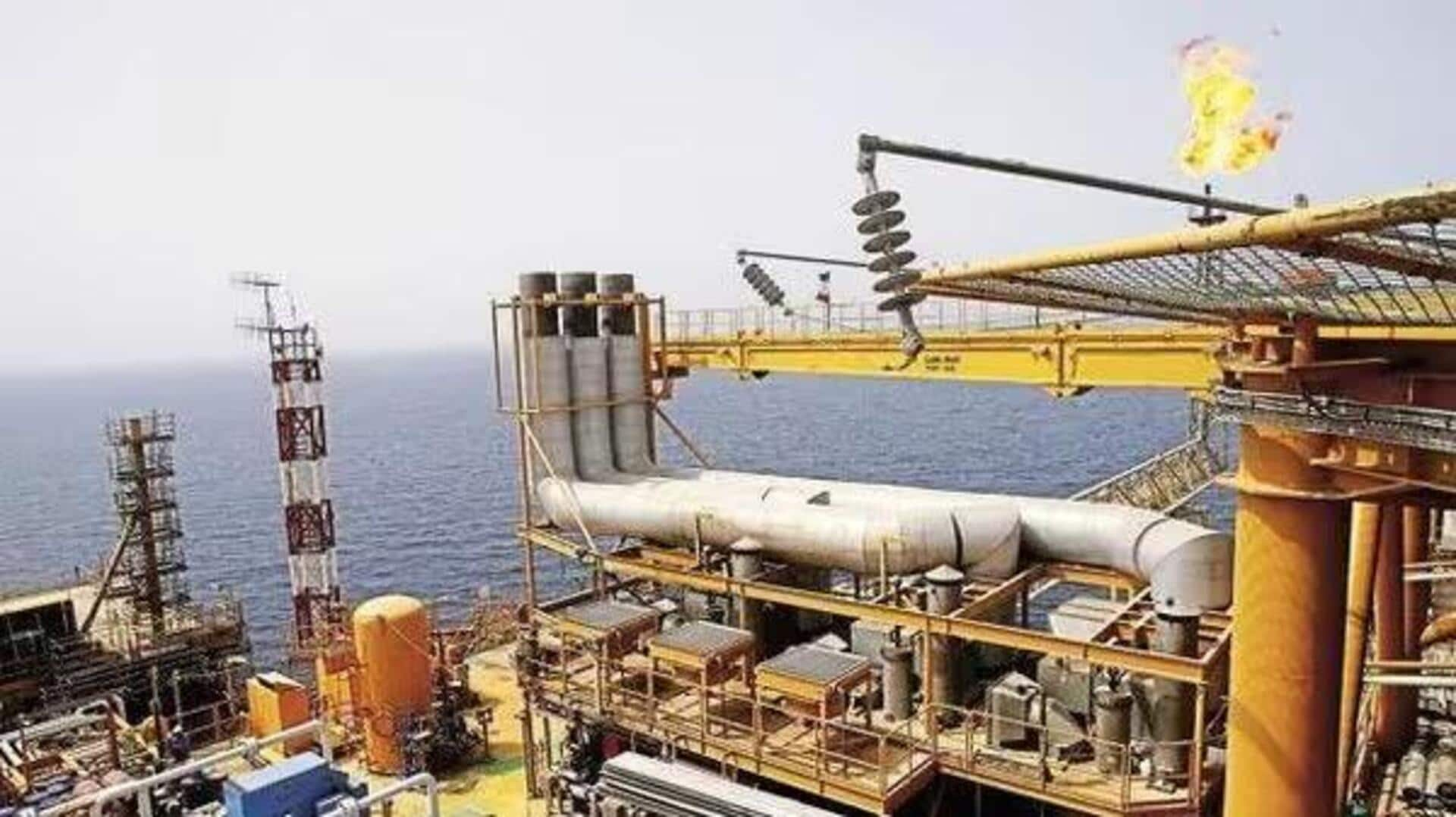
Trump announces oil deal; does Pakistan have massive oil reserves?
What's the story
United States President Donald Trump has announced a trade deal with Pakistan to explore potential oil reserves. The announcement came hours after he imposed a 25% tariff on India. In a post on his social media platform, Truth Social, Trump said, "We have just concluded a Deal with the Country of Pakistan," adding that the US will work with Islamabad on developing its oil resources. Trump also suggested that Pakistan might sell oil to India one day.
Reserve reality
Pakistan's oil reserves
According to Worldometer, Pakistan has 353.5 million barrels of oil reserves, ranking it 52nd in the world. This is a mere 0.021% of global reserves. The country consumes around 556,000 barrels per day but only produces about 88,262 barrels daily. This means, without imports, its oil supply would last for roughly two years. Per a 2021 report by the International Trade Administration, Pakistan produces approximately 20% of its crude oil requirements and imports the other 80% as of 2019.
Exploration efforts
New oil reserves discovered in Sindh, Khyber Pakhtunkhwa
Recently, Pakistan's Oil & Gas Development Company (OGDCL) discovered new reserves in Sindh and Khyber Pakhtunkhwa. And in 2024, large deposits of natural gas and oil reserves in its territorial waters were reportedly found off its coast after a three-year survey. This report, if true, will place Pakistan among the world's top four reserves, after Venezuela, Saudi Arabia, and Iran. However, these claims remain unverified, as no commercial drilling has confirmed the existence or quality of these reserves.
Experts
Developing these reserves could cost $5 billion
Experts warn that developing them could cost $5 billion and take five years just to confirm potential sites. Furthermore, developing these reserves could cost $5 billion and take a half-decade to simply confirm and begin development of the sites; the cost of building infrastructure would be even higher than the capital. Also, Pakistan's ongoing economic crisis, which includes a $126 billion external debt and a $17.5 billion energy import expense, makes development initiatives even harder to carry out.
Economic partnership
Trade agreement finalized in Washington DC
The trade agreement was finalized during a meeting between Pakistani Finance Minister Muhammad Aurangzeb, US Secretary of Commerce Howard Lutnick, and US Trade Representative Ambassador Jamieson Greer in Washington, DC. It seeks to enhance bilateral trade, expand market access, attract investment and foster cooperation in various sectors, including energy and IT. The deal also aims at reducing tariffs on Pakistani exports to the United States.
Diplomatic response
Pakistan thanks Trump for leadership role
Pakistan Prime Minister Shehbaz Sharif thanked Trump for his leadership role in finalizing the "historic" trade agreement. He hoped it would expand cooperation between the two countries. The announcement comes after Trump imposed tariffs on India, calling its trade policies "most strenuous and obnoxious." India said it is studying the implications of Trump's statement on bilateral trade while remaining committed to concluding a mutually beneficial agreement with the US.